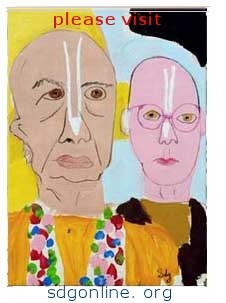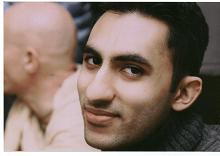 Two days ago, on a sudden inspiration, I started re-reading one of my favorite books, Memories by Satsvarupa das Goswami. Its amazing... an honest, bittersweet, struggling, comforting, challenging, collection of insights into a sadhaka's world, seen through the lens of his remembrances.
Two days ago, on a sudden inspiration, I started re-reading one of my favorite books, Memories by Satsvarupa das Goswami. Its amazing... an honest, bittersweet, struggling, comforting, challenging, collection of insights into a sadhaka's world, seen through the lens of his remembrances.In a chapter where Sdg remembers listening to Coltrane's "A Love Supreme", he ponders the criticism that may arise from sharing such an apparently "mundane" memory:
When a practicing devotee asks the inevitable question: "What does this have to do with Krishna consciousness?" there are different ways to answer. We can be stern: "It has nothing to do with Krishna consciousness. It is maya and should therefore not be discussed." Or we can answer in another way: "Exactly. What does this have to do with Krishna consciousness?" Does the music have an inner form? Does it sing of an incoherent expression of love of God? That very question -- "What does this have to do with Krishna consciousness?" -- can become a search and a cry.I've asked this question before. And as much as I've tried to rationalize it or explain it away by citing a busy schedule, the truth is that this same doubt -- What does this have to do with Krishna consciousness? -- has caused me to fall off the blogging wagon.
Thank you Sdg, for daring to suggest that we can answer that question in another way. Thank you to all those who have dared to risk being labeled a "deviant" by asking that question in their own lives.
Like them, I want very much to let it become a search and a cry.






